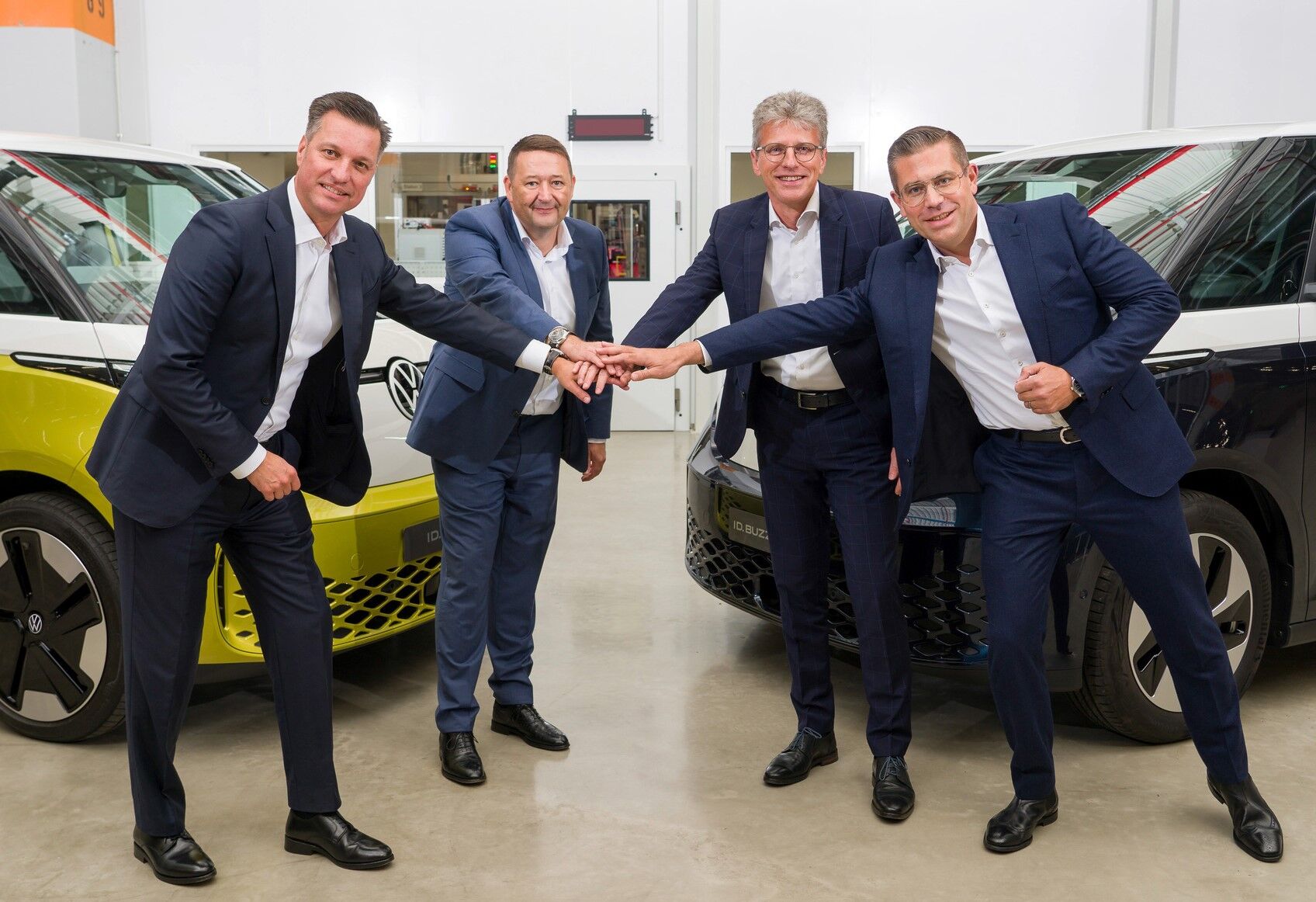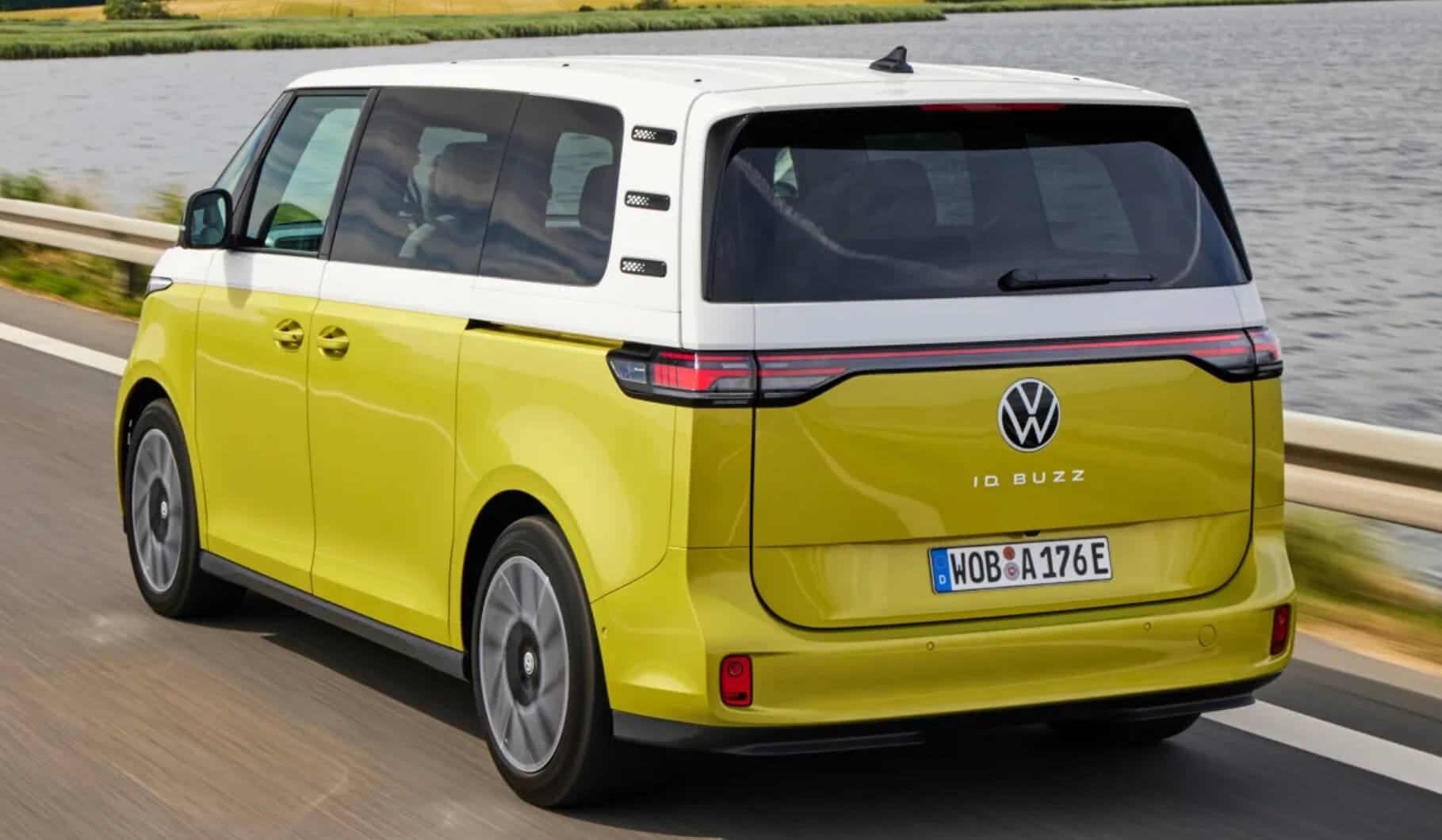Volkswagen Group’s PowerCo will joint venture with Umicore to supply European battery factories with key materials from 2025.
PowerCo, the battery manufacturing arm of the Volkswagen Group, has entered into a joint venture with Belgian material recycling firm Umicore.
The move secures the Volkswagen Group’s access to cathode active materials, which it regards as “the key technological lever for battery performance”, as well as the most expensive component of a cell.
Under the joint venture, Umicore will assist PowerCo in sustainably sourcing raw materials used for battery cathodes (such as nickel and lithium) and take responsibility for refining those elements.
Umicore will also recycle PowerCo batteries from an as-yet-undetermined date.
Thomas Schmall, chairman of the supervisory board of PowerCo, said: “Cathode material is an indispensable strategic resource for battery production, accounting for roughly 50 per cent of overall cell value.
“Immediate and long-term access to extensive capacity is thus a very clear competitive advantage. We are setting up a sustainable, transparent supply chain with high environmental and social standards, localising value creation here in Europe.”
Material production to supply Powerco’s factory in Salzgitter, Germany, will begin in 2025, targeting an annual 40GWh battery output in 2026. By 2030, the joint venture aims to reach 160GWh per year.
A materials facility for the joint venture is yet to be established, however.
Costs, investments, revenues and profits will be shared equally between the two firms; with a €3 billion (AUD$4.47bn) package already earmarked for material production.
The Volkswagen Group has made heavy investments in its battery production capacity, bracing it for Europe-wide bans on the sale of pure-petrol and diesel cars from 2035, approved by the European Union’s parliament in June.
The Group will open six factories – each with a 40GWh output – in Europe by 2030, including the aforementioned Salzgitter plant focusing on the firm’s next-generation batteries.
The company also announced in January that it had signed a memorandum of understanding with Bosch to outfit battery factories with crucial machinery. This is expceted to manifest a new firm by the end of the year.
Charlie Martin





